Filter & Sort
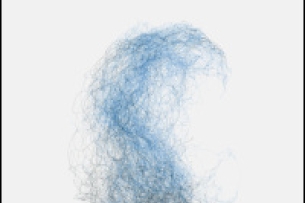
Crunching Literature
Machines are "reading" novels that literary historians would otherwise never get to. Scott McLemee considers the results and prospects of "Macroanalysis."
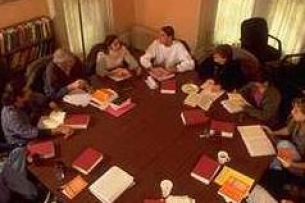
Humanities, Not Harvard
Disciplines that are under siege would do well to reject the models for their fields that were created by elite universities and that scare off students and the public, write Chris Buczinsky and Robert Frodeman.
MOOCs, History and Context
Massive open online courses might only be a footnote in the evolution of higher education, but they reflect a revolution that is taking place regardless of whether they succeed, writes Arthur Levine.
Higher Education Can't Wait
Talk about fundamental changes is well and good, but colleges can and should adopt proven reforms (expanding access to bottleneck courses, lowering textbook costs) right now, write Gene Hickok and Tom Shaver.
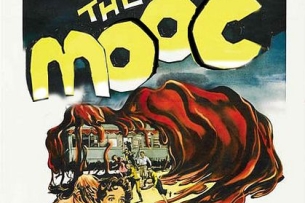
MOOCs and the Quality Question
Because of their lineage, the highly publicized courses are widely assumed to set the standard for online education. But the first wave of them don’t come close, writes Ronald Legon.
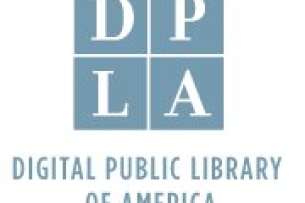
Digital Public Library of America
Making books, artwork, and historical documents of all kinds universally available for free is a great ambition. Scott McLemee thinks the job will require a little more, though.

Making the Best of Assessment
Professors are right to doubt the motives of many of those pushing for precise measures of student learning, but that doesn't mean the ideas behind assessment aren't valid or that they are inconsistent with the liberal arts, writes Adam Kotsko.
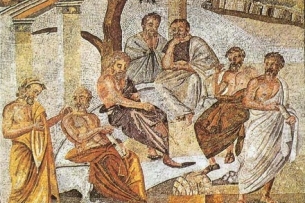
Engaged Students
Students may be more willing to welcome significant learning experiences than critics of academe realize, at least if professors make the right assignments, writes Robert M. Eisinger.
Pagination
Pagination
- 502
- /
- 777